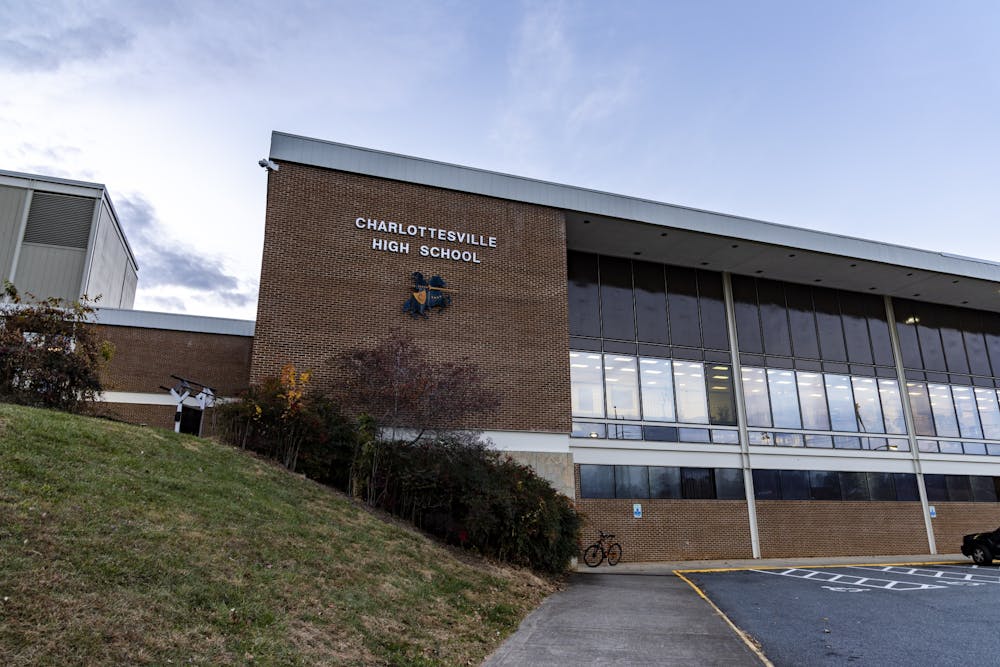Over the past few years, the American education system has been heavily exploited to promote local, political interests which have superseded and often imperiled educational goals. School boards, as a cornerstone of the American educational system, and state education departments, as a guarantor of equitable education, are designed to support educational performance and set a vision for their regions. However, they are increasingly a place not to try and bolster graduation rates or support student lunch access, but rather, to push political agendas onto students without real regard for education. Specifically, these agendas have problematically created vast disparities in educational material both between states and between counties — students are learning in environments radically different from those of their neighbors, even just a county over.
To be clear, this is not an appeal to a nationally standardized curriculum. Maintaining the power of citizens to localize their education systems remains imperative. Moreover, standardization has, historically, been the enemy of effective and compassionate education. In this way, school boards within states should be adherent to the will of their people whom their decisions directly impact. What should be nationally standardized, however, is an unwillingness to permit censorship which occurs in the name of education and co-opts educational institutions to achieve fundamentalist goals. This is antithetical to the goal of education and is unfair to students.
Religiously-oriented education is one of the most obvious manifestations of this regional specificity and one of the greatest drivers of censorship. In the past few years, there has been a resurgence of religious sentiment which has found a pipeline into the classroom through enterprising politicians and amenable school boards. Much of this activism has made inroads in the wake of the pandemic when school boards and educational institutions more broadly became targets for political activism in a new and deeply concerning way. It should not have to be said that the infiltration of religiously motivated politics into education is shockingly illegitimate in the eyes of the Constitution — see “First Amendment.”
Quite recently, state governments have been the perpetrators of this infiltration. A couple of weeks ago, the Louisiana legislature passed a bill requiring a poster of the Ten Commandments be hung in every classroom. Though it was blocked by a federal judge, the fact that it was passed at all is frightening. In Oklahoma, schools are now required to place Bibles in every school. And most recently, Texas schools have been incentivized to use a Christian curriculum in primary education. While neighboring Coloradoan schools will learn using peer-reviewed textbooks and primary sources, Texan children will learn “Sermon on the Mount” and the Genesis creation alongside the Revolutionary War. Two intrusions of religion into education is a coincidence. Three is a pattern.
In addition to attempting to drive in Christian-oriented curriculum, this religiously-coded political movement has also sought to enforce its conception of American morals through book bans. Many of the books that are deemed “unsafe” for children include LGBTQ+ themes, censoring local libraries which explore non-heteronormative lifestyles and moral frameworks. Consider Gov. Glenn Youngkin’s mandate which has been the basis of many Virginian book bans. This mandate creates restrictions on “sexually explicit content,” a dog whistle phrase which more accurately refers to non-heterosexual and non-cisgender narratives. Protecting children from vulgar material is one thing. But the interpretation and application of this mandate is left up to school boards, which means that they may broaden it arbitrarily and in a way which promotes censorship.
Unregulated enforcement of this mandate, and others like it, means that some districts are more prone to religious censorship than others, and thus, the impact is distributed unevenly across districts. Consider Charlottesville and its surrounding area — while Charlottesville has not yet witnessed book bans, neighboring counties have, creating disparities in book access. Madison County High School, 30 miles north of Charlottesville, recently blocked 21 books from its shelves. An hour and a half north, Samuels Public Library in Front Royal is on the verge of closing over refusing to ban books. So not only has the implementation of this ban unevenly affected the books children have access to in their schools, but it also may ultimately shutter an entire library.
Differences of this caliber between states and within districts are unacceptable, but what is perhaps more concerning is that these proposals are often not brought by concerned citizens — they are brought by larger, well-funded conservative activist groups. For example, Moms For Liberty is a central player in promoting book bans in Virginia. So is Clean Up Samuels Library, an advocacy group funded in part by a rising politician in the area. And a variety of state politicians bank-rolled by Christian fundamentalist groups, including Louisiana Gov. Jeff Landry and Texas Gov. Greg Abbott, have legislatively spearheaded the charge to alter public school curriculums towards Christian religiosity. Instead of representing the whole of the community or the majority opinions of local political groups, nationalized lobbying efforts sway educational values towards big bankrolls.
Interference in our education system by well-funded religious zealots who believe they represent the morals of an entire region is not unusual — getting evolution taught in schools was a hard-fought battle. But by continuing this tradition, we only ensure that children receive hugely inconsistent and censored educations based solely on where they were born. In this way, conservative activist groups have transformed the tool of education — once used to speak truth to power — into something that helps grow their national political movement. This sort of censorship and religious interference is damaging education and thus the social fabric of America. We must continue to point out the pressing threat it poses to our democratic way of life.
The Cavalier Daily Editorial Board is composed of the Executive Editor, the Editor-in-Chief, the two Opinion Editors, the two Senior Associates and an Opinion Columnist. The board can be reached at eb@cavalierdaily.com.







